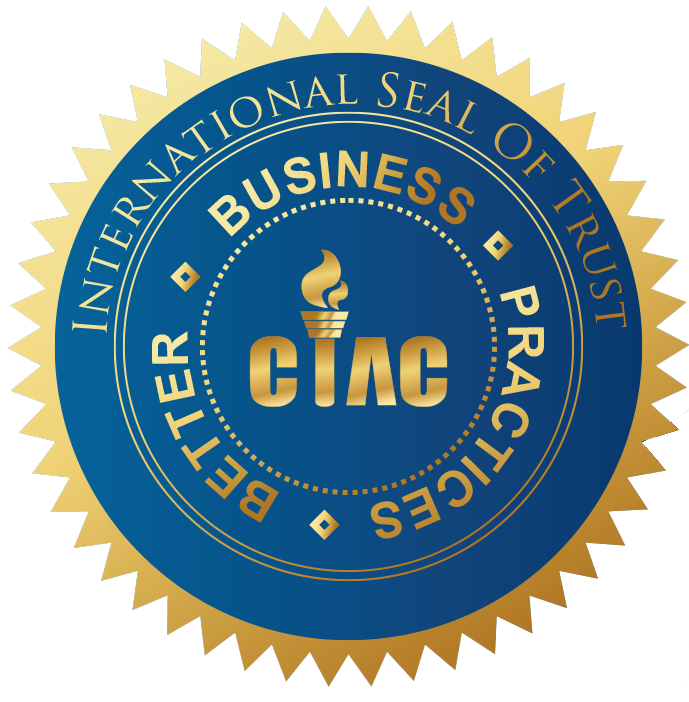
Long COVID, or post-acute sequelae of SARS-CoV-2 infection (PASC), can profoundly debilitate individuals, rendering them unable to perform daily activities and diminishing their quality of life. Symptoms such as persistent fatigue, cognitive impairments, and muscle and joint pain can be so severe that even simple tasks become overwhelming. This debilitating state often leads to a significant reduction in work capacity, social isolation, and a sense of loss of normalcy where many are obliged to leave their profession. The multifaceted nature of Long COVID means that individuals may experience a combination of neurological, respiratory, gastrointestinal, and cardiovascular symptoms, each contributing to their overall debilitation. However is still not recognised as a medical condition and very difficult to treat by traditional medicine.
Nutritional Strategies
- Anti-Inflammatory Diet: Adopting a diet rich in fruits, vegetables, whole grains, lean proteins, and healthy fats can help reduce inflammation and support overall health. Foods like green leafy vegetables, berries, and green tea are particularly beneficial. I personally suggest that an alkaline diet works best.
- Adequate Protein Intake: Ensuring sufficient protein consumption is vital for tissue repair and immune function. Aim for approximately 1.2 grams of protein per kilogram of body weight daily.
- Fermentable Fiber: Incorporating foods high in fermentable fiber, such as legumes, fruits, vegetables, and whole grains, can support gut health and may aid in reducing Long COVID symptoms.
Herbal Remedies

- Turmeric (Curcumin): Known for its anti-inflammatory properties, turmeric may help alleviate muscle and joint pain associated with Long COVID. Incorporating turmeric into your diet or taking it as a supplement could be beneficial.
- Ginger: Ginger has been traditionally used to reduce inflammation and may assist in managing symptoms like fatigue and muscle pain. Consuming ginger tea or adding fresh ginger to meals can be effective.
Supplements
- Vitamin D: Vitamin D plays a crucial role in immune function. Ensuring adequate levels may help in the recovery process. While the National Institutes of Health (NIH) states that there is not enough evidence to recommend either for or against using vitamin D for COVID-19, some research indicates potential benefits.
- Probiotics: Maintaining a healthy gut microbiome is essential for overall health. Probiotic supplements can support gut health and may aid in reducing Long COVID symptoms. A study involving over 400,000 people showed that those who took regular probiotic supplements had a lower risk of catching COVID-19.
Lifestyle Considerations
- Sleep Hygiene: Prioritizing quality sleep is essential for recovery. Establishing a regular sleep schedule and creating a restful environment can improve sleep quality.
- Stress Management: Engaging in stress-reducing activities such as meditation, deep breathing exercises, or yoga can help manage symptoms.
Conclusion
While nutritional strategies, herbal remedies, and supplements can support the management of Long COVID symptoms, they should complement, not replace, medical treatments. Consulting with healthcare professionals before making significant dietary changes or starting new supplements is essential to ensure safety and appropriateness. For personalized guidance tailored to your specific needs, consider scheduling a one-on-one consultation with a healthcare provider experienced in Long COVID management who will offer a tailored approach for your specific symptoms.
Copyright
© [2025] BiomedVibes.co.uk. All rights reserved.
All content including text, images, and other media, is the property of BiomedVibes.co.uk unless otherwise stated. Unauthorized reproduction, distribution, or use of any content without prior written consent is strictly prohibited.
For permissions or inquiries, please contact us at [biomedvibes2@gmail.com].
